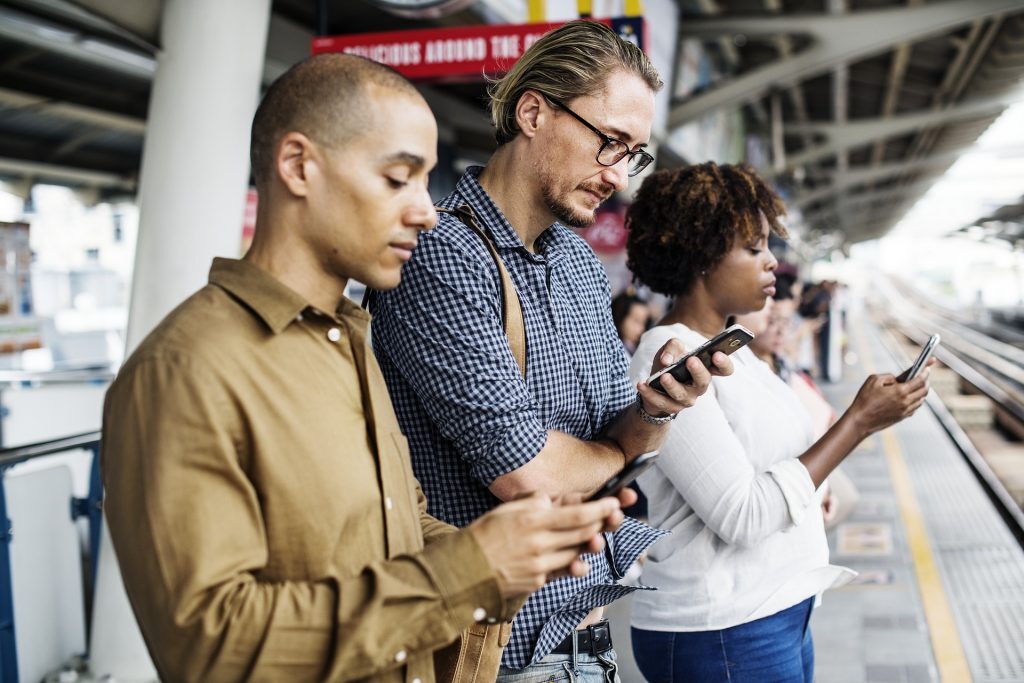The government is tracking your cellphone, and it’s happening in many parts of the world. Instead of being horrified at the obvious fears of a surveillance state, many people are happy to participate because – for once – the invasion of our privacy is arguably necessary and potentially lifesaving.

But, before you panic, it’s not your own individual data, but so-called aggregated metadata. It’s anonymous aggregated data from the South African cellular operators that will be provided to the government to track the spread of the virus.
“It is important to look at the individuals that are affected in order to be able to help the department of health to say that we know, in a particular area we have so many people that have been infected,” communications minister Stella Ndabeni-Abrahams said last week. “The industry collectively has agreed to provide data analytics services in order to help government achieve this.”
Such surveillance is generally chilling and scary, and cause for concern. But, in this age of the world’s fastest-spreading pandemic, tracking people is suddenly of importance to us all – before the eventual herd immunity principle takes effect and enough people have caught it and recovered to lift the whole community’s overall immunity.
We’re in the midst of an amazing scientific experiment – which also has huge personal and social consequences – but never before in human history have we been able to track something like this. And, it could be in real-time, given the data at hand.
In a way, this might be presaging a time when the so-called Internet of Things (IoT) is actually an everyday reality – where sensors on everything (from cars to inside houses), to online security cameras and autonomous cars provide a live feed of data about the planet.
In science fiction, this kind of constant online surveillance is usually considered a bad thing and portrayed as such. No more iconic title than George Orwell’s 1984 demonstrated this, taken to its Stalinesque extreme.
And that is the worry. South Africa’s approach right now seems benign and is only enabled due to the state of disaster being declared. Normally a court order is needed to snoop on an individual through their cellphone.
Other countries have used seemingly more draconian approaches than ours, which follows the anonymised and aggregated data approach unveiled in Europe. In South Korea, one of the most digitally active and connected countries in the world, everyone’s phones are being tracked and displayed in a publicly available database. Anyone else can check if they might have encountered a positive patient. Taiwan is rolling out an “electronic fence” mobile service to check quarantined people are not moving about.
Israel has gone further and has given approval for its spy agency to track positive COVID-19 patients cellphones to ensure they’re quarantining properly. Announcing the initiative, Israeli Prime Minister Benjamin Netanyahu said: “We are at a war with an invisible enemy — the virus”. Cellphone data is certainly one way of showing its spread.
This is alarming for any libertarian, or conspiracy theorist worried that we won’t be able to roll back these incursions into our privacy. I also fear the long-term effects.
As much as doctors are triaging their patients – governments are triaging their constitutions as they seek to mitigate the pandemic’s immediate effects and prevent people from dying. It’s an evolving ethical and moral debate that we’re going to be having for as long as we’re fighting that invisible enemy.
This column first appeared in Financial Mail.